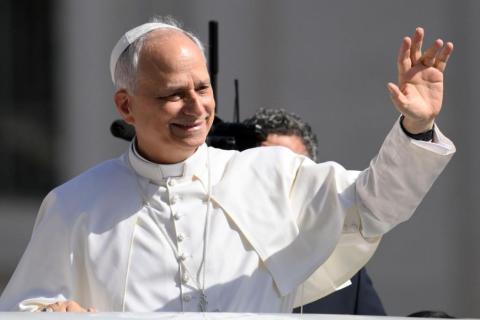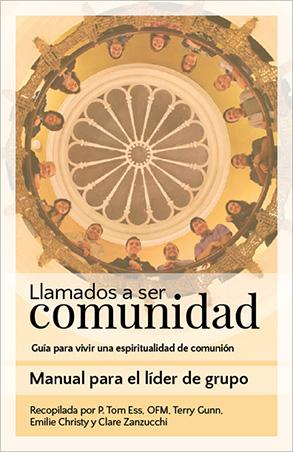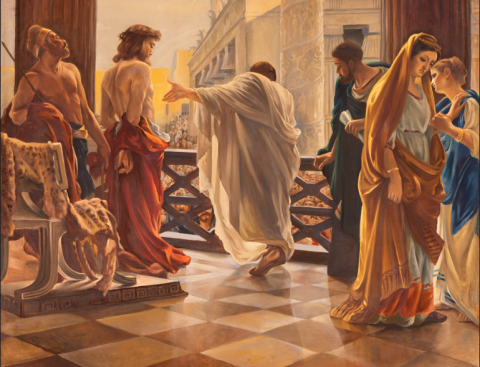
© SAMBUHAY TV MASS - ST PAULS PHILIPPINES
I WOULD LIKE TO SHARE SOME THOUGHTS ON the especially important and difficult topic of communicating to the universal church in the time of division. I would like to approach it from the horizon of the overarching theme, which is “Communication anchored in hope.” I think that will provide sure footing on the type of communication necessary when division seems to prevail. The Gospel that we are communicating is a message of hope. It contains the truth that we hope for. The Gospel is not just the content of our communication, it inspires our communication. So, this Gospel of hope should enable us to communicate with hope and to communicate hope in the face of trying times.
Hope is a force, God’s gift. It is a grace; it is something that we cannot produce. We should pray for it. And actually, God will give it. If we ask for other things, if you ask for a new car, or a new house, maybe the Lord will hesitate to give it to us, but if we ask for hope, God will certainly give it to us. We need to refocus our understanding of hope. Very often, we feel hopeful when things go smoothly: when we have a raise in our salary, oh we are the most hopeful of people; when we achieve what we had planned, we go around shouting about hope. We become a virus — the positive virus of hope. But when we go to the Bible, hope springs true in moments of difficulties, in moments when I seem to be barren, and when even religious experience seems absurd. One such crisis or difficult moment is division in the community, or division in the family, etc. But that’s when true hope springs. It is in those arid moments that God wants to give, wants to awaken the hope that comes only from him. We can look at the experience of Abraham and Sarah. God promised them children. If I were, Abraham, I would say, “Lord, we cannot even have one. How can we have as many children as the stars of the sky in the heavens?” But Abraham believed. Abraham hoped.
And then they had one son, Isaac. And maybe Abraham was thinking, “From this Isaac, from this son, I will have as many children as promised.” But at one point, God says, “Offer him to me. Sacrifice him!” Absurd. Difficult to be torn apart from my son. But Abraham believed because it was God who was speaking. Even when the message is absurd, it is God, and so I believe. Or Joseph and Mary: Joseph had almost decided to leave Mary, to be separated from her. But then God told him, “Don’t be afraid to take Mary as your wife, and to take her son as your son.” And he believed, and he did so. Again, some people would say, “How foolish you are, you know that that’s not your son, why would you take him as your own?” Because God has communicated. It may sound foolish, it may sound absurd, but I listened to God. So even in the English language, hope is always “I hope in someone.” So, the real direction or object of hope in the midst of difficulties, in the midst of division, in the midst of aridity is God. And even when what God is asking us to do may look absurd, my faith gives me the assurance of my hope, of what I had hoped for, as stated in the letter to the Hebrews.
From the opening session at this year’s online Catholic Media Conference, June 8












